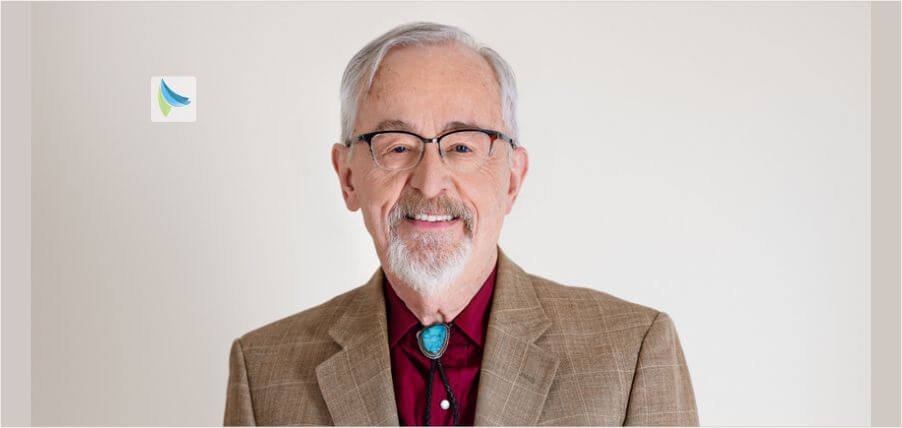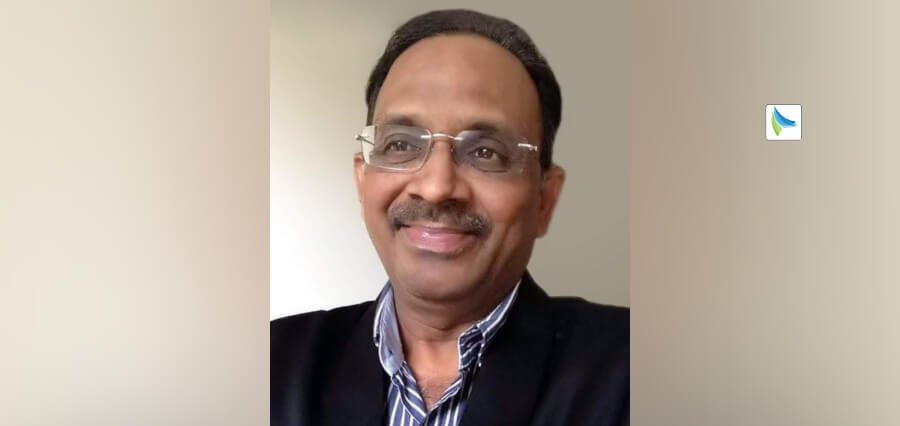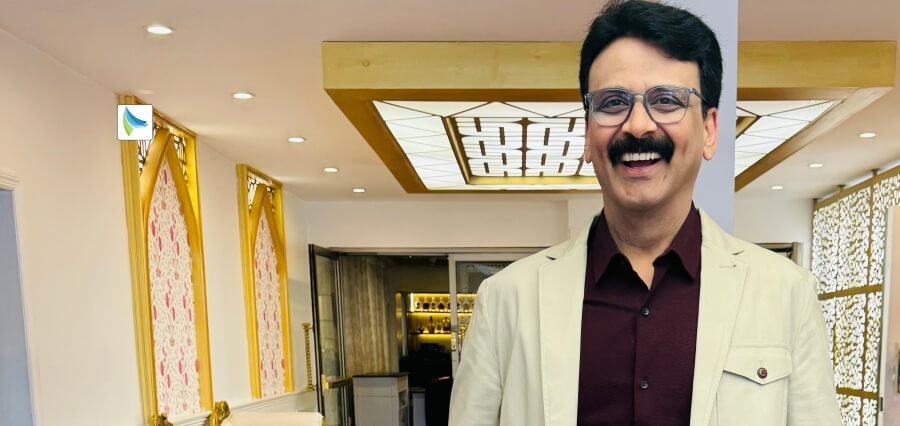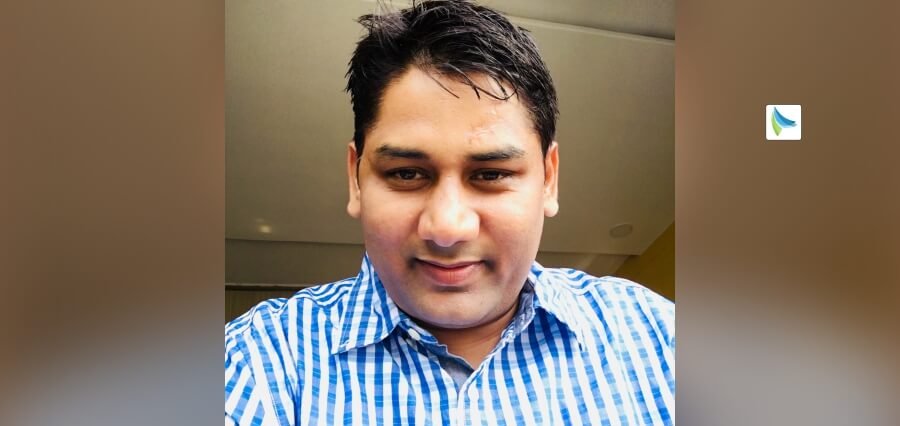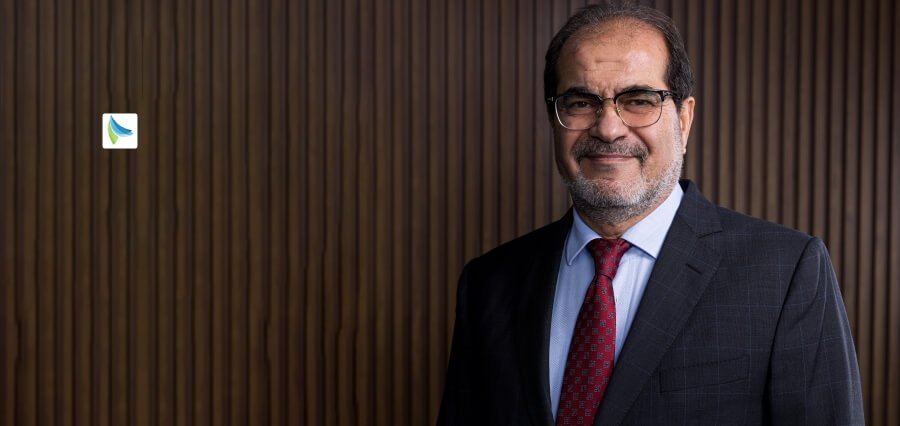Richard Larson’s journey into academia was anything but conventional. A student at MIT, his initial focus was in Electrical Engineering before transitioning to Operations Research. However, a personal experience involving a crime led him to an unexpected academic trajectory—one that would shape his future research and career in ways he could never have predicted. This fortuitous incident became the catalyst for his groundbreaking PhD research in urban policing, pioneering the first-ever Operations Research model for police departments. What began as an unforeseen turn of events evolved into a lifelong commitment to academia at MIT, where he has spent over five decades making significant contributions to multiple disciplines.
Throughout his career, Larson has remained deeply committed to interdisciplinary research, emphasizing the importance of real-world applications. He believes that academia should extend beyond theoretical frameworks, encouraging students and researchers to engage with the field firsthand. His work has spanned across crime modeling, traffic systems, healthcare logistics, and more, demonstrating a relentless pursuit of solving complex societal problems through data-driven insights. His advocacy for ‘Boots on the Ground’ research reflects his philosophy that meaningful innovations emerge from direct engagement with real-world challenges.
As technology rapidly transforms education and research, Larson continues to explore new avenues to enhance learning and problem-solving. With the rise of artificial intelligence, data analytics, and digital platforms, he sees both immense opportunities and potential risks. Now, as a retired professor, his focus has shifted toward spreading the philosophy of ‘Model Thinking’ to a broader audience, ensuring that future generations are equipped with the analytical tools to tackle the complexities of modern life.
Inspiration for Academia
Larson’s journey into academia was largely unplanned. As an MIT student initially in Electrical Engineering, he later transitioned to graduate studies in the Operations Research Center. A pivotal moment in his life came when he became an indirect victim of a professional theft, which sparked his interest in criminology. His academic advisor, Professor Alvin W. Drake, took note of his newfound interest and encouraged him to integrate criminology into his research. This moment changed the course of his academic career.
His PhD thesis, which focused on Operations Research modeling for urban police departments, was groundbreaking at the time. Upon completing his thesis, Professor Drake offered him a faculty position at MIT, suggesting he stay for a few years before pursuing other opportunities. However, Larson chose to remain at MIT, embarking on what would become a five-decade-long career in academia, filled with innovative research and impactful contributions.
Interdisciplinary Research and Curiosity
Operations Research, by its very nature, is an interdisciplinary field, which perfectly aligns with Larson’s preference for avoiding academic silos. He perceives it as an applied form of physics, one that allows him to analyze and model real-world systems, such as traffic flows, package distribution, and inventory management.
His research interests have evolved over time, often shaped by personal experiences or collaborations with students. Whether exploring urban policing in his early career or tackling issues in city logistics and healthcare later on, his approach has always been driven by a strong desire to apply analytical tools to pressing societal challenges. He particularly enjoys probabilistic modeling, recognizing that uncertainty is an inherent part of life. This fascination with probability has been a central theme throughout his teaching and research.
Transformations in Research
Over the years, research methodologies and technologies have undergone significant transformations. The integration of artificial intelligence into Operations Research is one of the most notable changes Larson has observed. While he acknowledges the power of AI, he remains a strong advocate for a foundational, hands-on approach to research.
His philosophy emphasizes ‘Boots on the Ground’—an approach that encourages researchers to engage with real-world environments before constructing models. He believes that researchers who rely solely on computational methods risk missing critical nuances that can only be observed through firsthand experiences. This hands-on methodology, he argues, leads to more accurate and applicable research outcomes.
Bridging Academia and Real-World Applications
For Larson, the challenge of translating academic research into real-world applications is not a major hurdle. “I ensure that my research remains relevant and applicable. I believe that researchers who work exclusively from their offices without field exposure risk creating models that lack practical utility.”
He encourages researchers to immerse themselves in the environments they seek to analyze, gaining insights that cannot be replicated in theoretical frameworks alone. This approach ensures that research findings are not just academically sound but also practically viable, leading to meaningful innovations and policy implementations.
The Future of Education and Technology
The rise of digital learning platforms has revolutionized education, democratizing access to knowledge on a global scale. Through initiatives like MIT BLOSSOMS, Larson has leveraged the internet to make high-quality educational content accessible to learners worldwide. He views this as one of the most transformative developments in modern education.
However, he expresses concerns about the impact of artificial intelligence on human engagement in learning and problem-solving. “I worry that excessive reliance on AI may discourage individuals from developing critical thinking skills. While AI has the potential to enhance education and research, it must be used as a tool rather than a replacement for human intelligence and creativity.”
Mentorship and Teaching Philosophy
A fundamental aspect of Larson’s career has been his role as a mentor and educator. He believes that outstanding educators must be both supportive and honest with their students. Encouraging students to learn from their mistakes and providing constructive guidance are key elements of effective teaching.
“My own experiences as a student at MIT, where I once made mistakes but was given the opportunity to learn and improve, have shaped my approach to mentorship. I strongly believe in nurturing students’ potential and guiding them through challenges rather than penalizing them for missteps.” Says Larson.
The Role of Interdisciplinary Collaboration
Larson’s career has been defined by interdisciplinary collaboration, an inherent aspect of Operations Research. While he has worked successfully with experts from various fields, he acknowledges that traditional academic departments can sometimes be resistant to interdisciplinary approaches. Institutional structures and reward systems often favor specialization over collaboration, posing a challenge for those seeking to bridge multiple disciplines.
Despite these challenges, he remains a strong advocate for interdisciplinary research, believing that the most impactful innovations emerge at the intersection of diverse fields.
Challenges Facing Modern Researchers
Today’s academic environment presents several challenges, including funding constraints, publication pressures, and rigid institutional policies. While MIT has provided an environment that fosters intellectual freedom, Larson recognizes that many institutions impose limitations that can stifle innovation.
He believes that universities should learn from the best institutions, encouraging faculty to take risks, explore new ideas, and embrace interdisciplinary research. By fostering a culture of innovation and open inquiry, academic institutions can better support researchers in making meaningful contributions.
Reflections on a Career in Academia
Looking back, Larson attributes his success to remaining true to himself, embracing risks, and prioritizing strong relationships with students. One of his most rewarding experiences was co-creating the MIT graduate course ‘Urban Operations Research’ with Professor Amedeo Odoni. Their collaboration led to the development of a widely cited textbook, which continues to influence the field today.
For Larson, the true reward of academia has been the opportunity to mentor students, engage in intellectually stimulating research, and contribute to real-world problem-solving through his work.
What’s Next?
Although retired from his formal teaching role at MIT, Larson remains deeply engaged in spreading the philosophy of ‘Model Thinking’ to a broader audience. His book, Model Thinking for Everyday Life, published by INFORMS, aims to make analytical problem-solving accessible to the general public. Through television appearances, radio interviews, and even a Times Square banner campaign, he continues to advocate for the importance of analytical thinking in everyday decision-making.
As he looks to the future, his mission remains clear—to inspire the next generation to embrace model-based thinking, tackle complex challenges, and make informed decisions that benefit society as a whole.
The Role of Ethics in Research
One of the key issues that Larson has emphasized throughout his career is the ethical implications of research. “I believe that scholars have a responsibility to ensure their work benefits society and does not lead to unintended negative consequences. Ethical considerations must be integrated into every stage of research, from data collection to implementation.” This perspective is particularly relevant in fields like AI and data analytics, where biases and ethical dilemmas can significantly impact outcomes. Larson advocates for increased transparency and accountability in academic research to uphold ethical standards.
The Importance of Public Engagement
Beyond academia, Larson stresses the need for researchers to engage with the public. He argues that academic insights should not remain confined to scholarly journals but should be communicated in a way that is accessible to a wider audience. His efforts in writing books, participating in public discussions, and leveraging media platforms reflect this commitment. By making complex ideas more digestible, he hopes to bridge the gap between academia and everyday decision-making.
The Evolution of Problem-Solving Approaches
Over the decades, Larson has observed significant shifts in how problems are approached in research. While traditional methodologies relied heavily on statistical and mathematical models, contemporary approaches increasingly integrate AI-driven solutions. He acknowledges the potential of these advancements but warns against over-reliance on automation. He believes that human intuition and critical thinking remain irreplaceable components of effective problem-solving.
The Future of Operations Research
Looking ahead, Larson envisions operations research playing an even greater role in addressing global challenges. “From optimizing healthcare delivery to improving urban infrastructure, OR methodologies offer valuable solutions to complex problems. I tend to encourage young researchers to explore interdisciplinary applications of OR, ensuring that its principles continue to evolve and adapt to the changing landscape of global problem-solving.”
Embracing Change in a Dynamic World
Larson’s career has been defined by his ability to adapt to new challenges and evolving academic landscapes. From the early days of operations research to the rise of artificial intelligence, he has remained open to change while maintaining a critical perspective. His ability to integrate new methodologies without losing sight of fundamental research principles has been a key factor in his enduring success.
The Power of Storytelling in Academia
Beyond his technical expertise, Larson has always been a strong advocate for storytelling in research and education. “I believe that effective communication is crucial in translating complex ideas into impactful narratives. Whether mentoring students or presenting his work to broader audiences, I emphasize the importance of clarity, engagement, and real-world relevance in academic discourse.”
The Role of Curiosity in Lifelong Learning
Richard Larson attributes much of his success to an insatiable curiosity. His willingness to explore unfamiliar fields—from criminology to public health—has allowed him to remain intellectually engaged throughout his career. He encourages young researchers to embrace curiosity, take intellectual risks, and seek knowledge beyond conventional disciplinary boundaries.
Leaving a Lasting Impact
With decades of experience, Richard Larson has left an indelible mark on academia and beyond. His contributions to urban operations research, education, and public policy continue to shape future generations of scholars. As he transitions into a new phase of life, his focus remains on inspiring others through his work, ensuring that structured thinking and analytical reasoning remain accessible to all.
Championing Innovation in Operations Research
Richard Larson has been a pioneer in expanding the scope of operations research beyond traditional applications. His ability to identify emerging societal challenges and apply analytical models to solve them has made him a thought leader in the field. From urban systems to healthcare logistics, his innovative approach has consistently demonstrated the power of interdisciplinary problem-solving.
A Legacy of Knowledge Sharing
Beyond his research contributions, Richard Larson has prioritized making complex concepts accessible to a broader audience. His commitment to education extends beyond the classroom, as seen in his initiatives like MIT BLOSSOMS and his book MODEL THINKING For Everyday Life. By bridging the gap between academia and the public, he continues to inspire future generations to think critically and apply structured reasoning in their daily lives.






